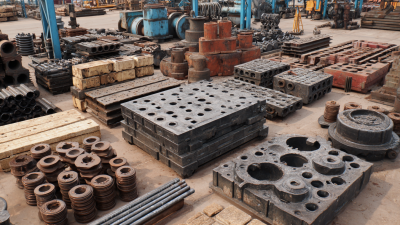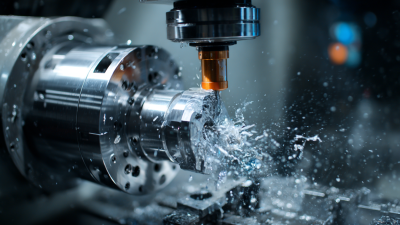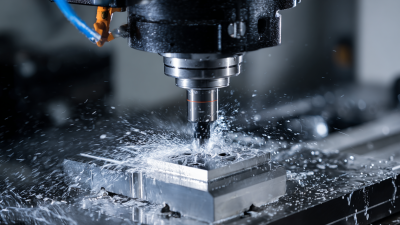 +86 180 0293 5268
+86 180 0293 5268






In today's rapidly evolving manufacturing landscape, the demand for high-quality Precision Machining Parts has reached unprecedented levels, driven by industries ranging from aerospace to medical devices. According to a recent market analysis report by Grand View Research, the global precision machining market is projected to exceed $200 billion by 2027, with a compound annual growth rate (CAGR) of over 6%. This substantial growth signals not only a surge in demand but also highlights the critical importance of sourcing and selecting the right precision components for your projects. Navigating this competitive market requires a keen understanding of various sourcing strategies, materials, and machining processes. By leveraging best practices and industry insights, manufacturers can enhance their project outcomes and maintain a robust supply chain, ultimately achieving operational excellence. This Ultimate Guide aims to equip you with the necessary tools and knowledge to make informed decisions in sourcing and selecting precision machining parts that align with your project specifications.
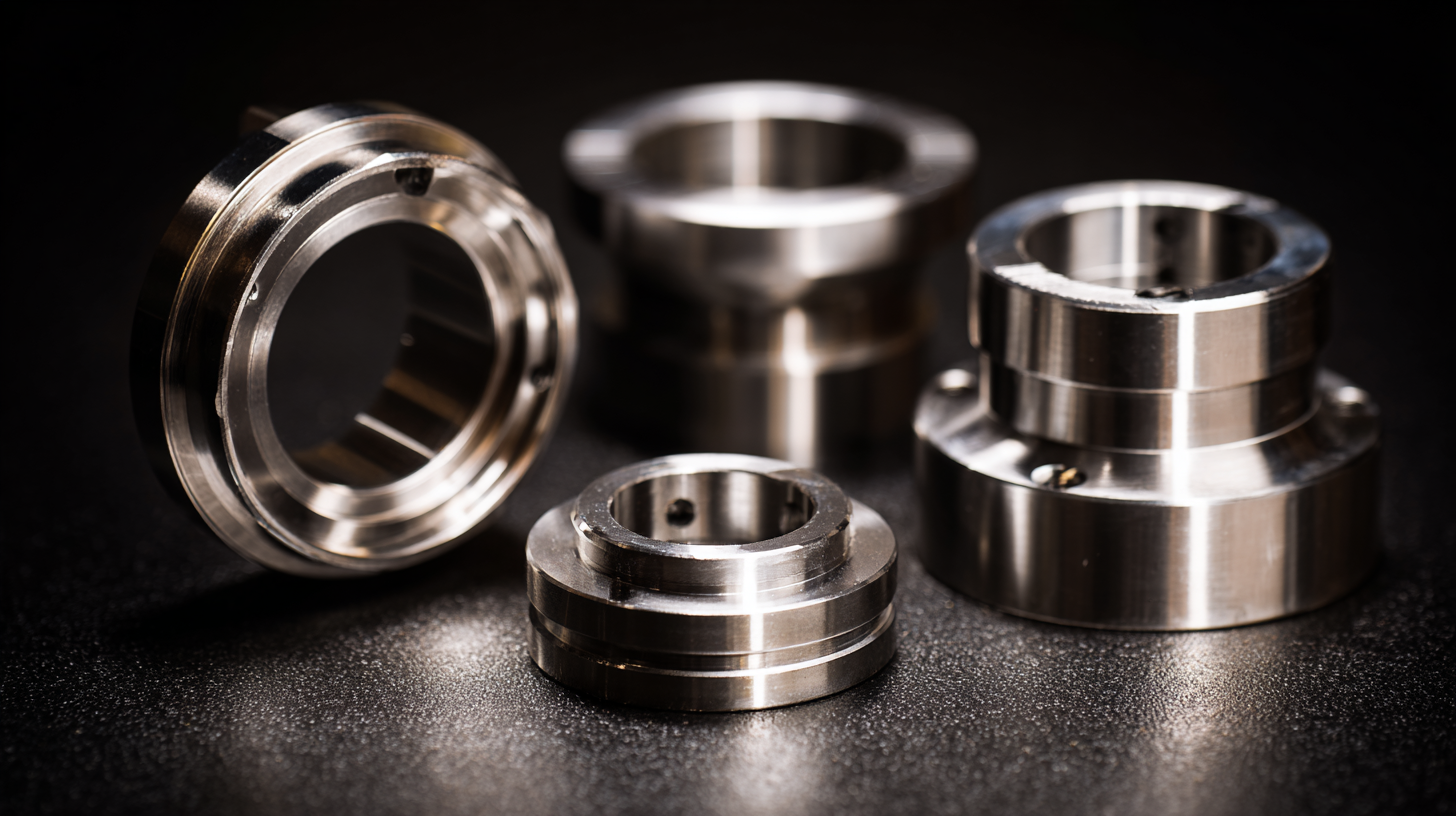
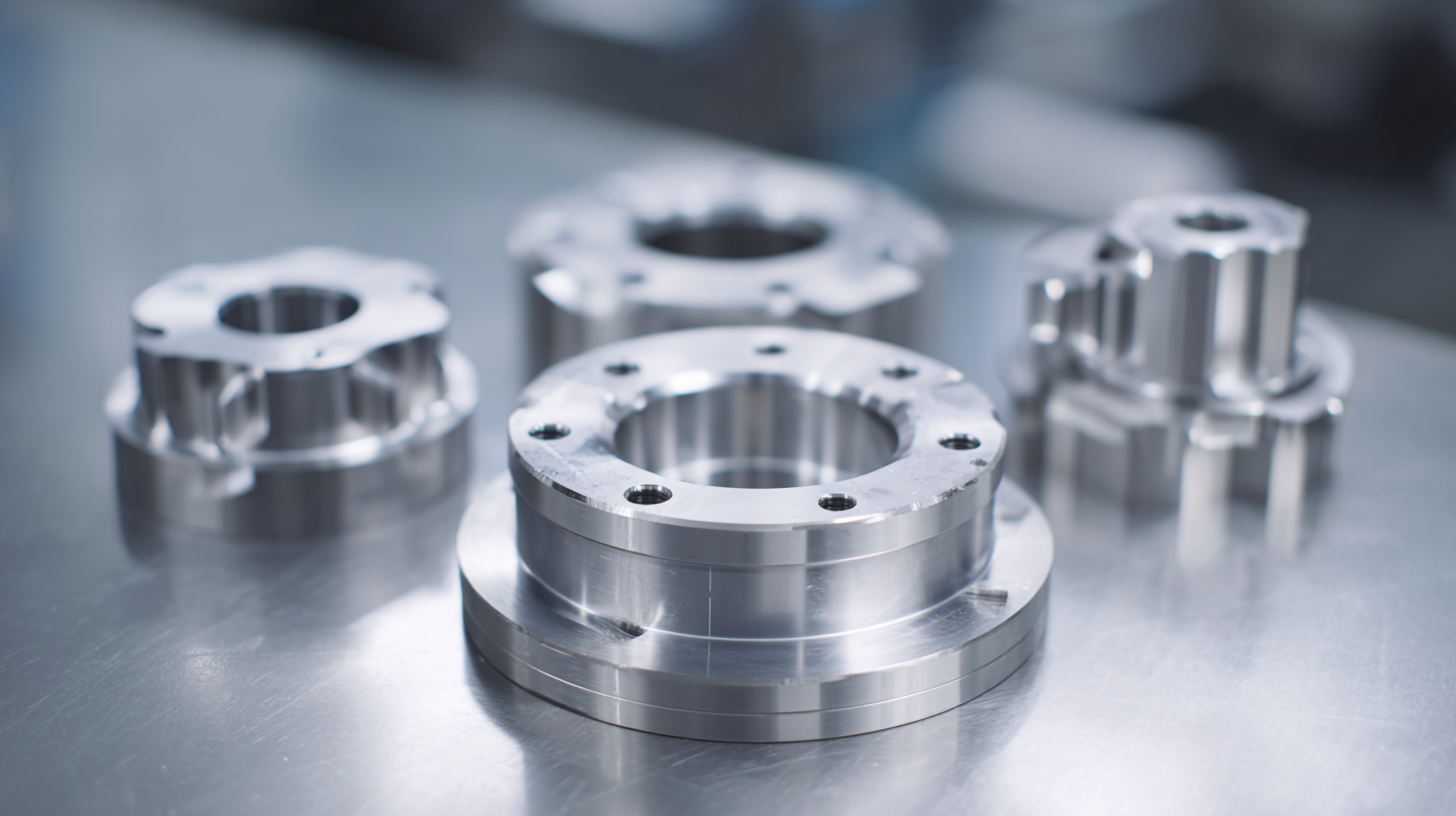 When embarking on a precision machining project, clearly defining your requirements is pivotal. Start by assessing the intended application's scope, as this will dictate various factors such as material choices, tolerances, and finish specifications. Understanding the environmental conditions the parts will face—whether it be high temperatures, corrosive elements, or mechanical stress—can greatly influence your design decisions and manufacturing processes.
When embarking on a precision machining project, clearly defining your requirements is pivotal. Start by assessing the intended application's scope, as this will dictate various factors such as material choices, tolerances, and finish specifications. Understanding the environmental conditions the parts will face—whether it be high temperatures, corrosive elements, or mechanical stress—can greatly influence your design decisions and manufacturing processes.
Another critical consideration is the volume of parts needed. Whether it's a small batch for prototyping or a large order for production, the quantity affects both the cost and the selection of machining techniques. Additionally, consider the lead times for production and delivery; establishing a timeline early on will help in selecting the right supplier who can meet your project's deadlines. By thoroughly evaluating these aspects, you can ensure that the precision machining parts align perfectly with your project's requirements, leading to a successful outcome.
When sourcing precision machining parts, selecting a reliable supplier is crucial to the success of your project. Start by assessing the supplier's experience in the industry. A supplier with a proven track record of delivering quality parts over an extended period will likely have the necessary expertise to meet your specifications. Look for companies that specialize in your required materials and machining processes, as this focus often translates to superior craftsmanship and adherence to industry standards.
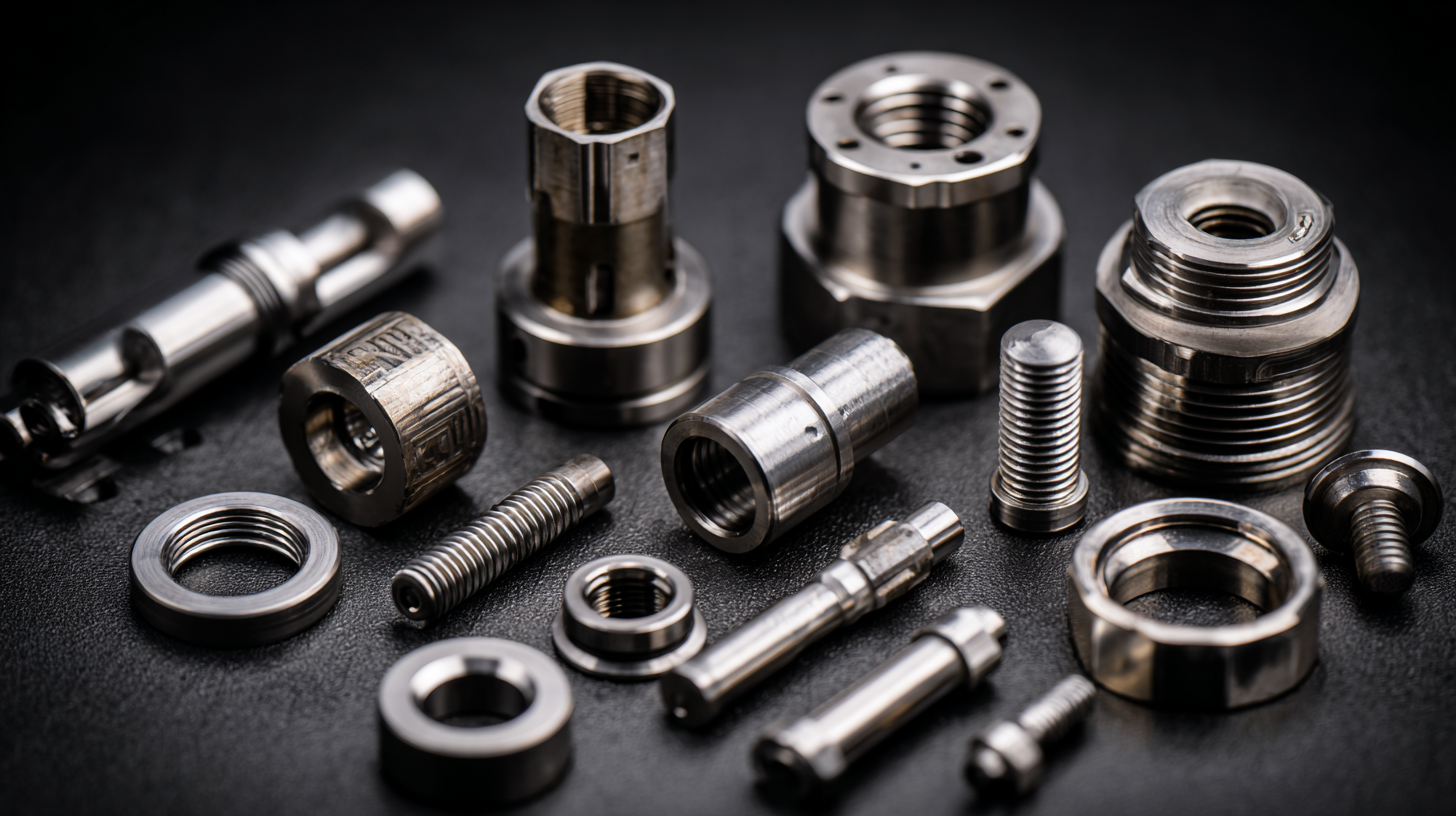
Another key factor to evaluate is the supplier’s quality control measures. In precision machining, even minor deviations can lead to significant issues down the line. Check whether the supplier implements rigorous testing protocols, certifications such as ISO 9001, and utilizes advanced technologies for quality assurance. Additionally, communication plays a vital role in ensuring that both parties have a clear understanding of expectations. A supplier who is responsive, transparent, and willing to collaborate can help to anticipate and address potential challenges, ultimately contributing to a smoother project execution.
When it comes to sourcing and selecting precision machining parts, understanding the various machining processes available is crucial. According to a report by Grand View Research, the global precision machining market was valued at approximately $54.37 billion in 2022 and is expected to expand at a CAGR of 5.8% from 2023 to 2030. This growth highlights the increasing reliance on precision machining techniques across multiple industries, including automotive, aerospace, and healthcare.
Choosing the right machining technique is essential for optimizing part performance and cost efficiency. Common processes such as CNC machining, EDM (Electrical Discharge Machining), and subtractive manufacturing each have their own unique advantages. CNC machining, for example, is favored for its precision and ability to handle complex geometries, while EDM is ideal for hard materials. A recent study by Mordor Intelligence emphasizes that the CNC machining segment is projected to hold a significant market share due to its flexibility and scalability, making it a go-to choice for many manufacturers. Understanding these nuances allows engineers and designers to make informed decisions that will ultimately improve the quality and functionality of their projects.
When sourcing and selecting precision machining parts for automotive applications, quality control measures play a crucial role in ensuring accuracy and consistency during production. High-quality raw materials are the foundation of any reliable component. It's essential to evaluate suppliers based on their material certifications and sourcing practices. For instance, using advanced steel alloys or aerospace-grade materials can significantly enhance the durability and performance of automotive parts.
Tips for ensuring quality in your procurement process include implementing stringent quality checks at various production stages. Regular audits of manufacturing facilities can help identify potential issues early. Additionally, adopting technologies such as 3D scanning and advanced measurement systems can aid in verifying the dimensional accuracy of parts before final assembly, ensuring they meet specific design specifications.
Another critical aspect is fostering a strong partnership with your machining service providers. Open communication and feedback loops can lead to improvements in the production process. Encourage suppliers to utilize statistical process control (SPC) techniques, which can help monitor and control manufacturing processes, ultimately leading to more consistent and reliable parts. By prioritizing these quality control measures, you set a solid foundation for successful automotive projects.
| Parameter | Specification | Material | Tolerance | Inspection Method | Sample Size |
|---|---|---|---|---|---|
| Part A | CNC Machined | Aluminum 6061 | ±0.005 mm | CMM Inspection | 5 |
| Part B | Turned Component | Stainless Steel 304 | ±0.01 mm | Visual Inspection | 10 |
| Part C | Milled Part | High Carbon Steel | ±0.02 mm | Ultrasonic Testing | 7 |
| Part D | Sheet Metal Component | Galvanized Steel | ±0.03 mm | Dimensional Check | 15 |
When sourcing precision machining parts, cost management is paramount. Balancing quality with budget constraints can be a daunting task, but with strategic planning, it becomes achievable. Start by establishing a clear budget that outlines all expected costs. This will provide a framework for evaluating suppliers and their offerings.
**Tip:** Prioritize suppliers who offer transparency in their pricing structures. Request detailed quotations that break down costs, including materials, labor, and shipping. This practice not only aids in comparing prices but also helps in identifying potential hidden costs.
Another effective strategy is to consider bulk purchasing. By ordering larger quantities, you may be able to negotiate discounts and lower per-unit costs. However, ensure that you have the capacity to store and manage these parts efficiently to avoid excess inventory and associated costs.
**Tip:** Build strong relationships with suppliers. Engaging in open communication about your budget constraints can lead to cost-saving suggestions and alternative solutions that maintain quality without breaking the bank. This collaborative approach can establish a long-term partnership beneficial for both parties.



